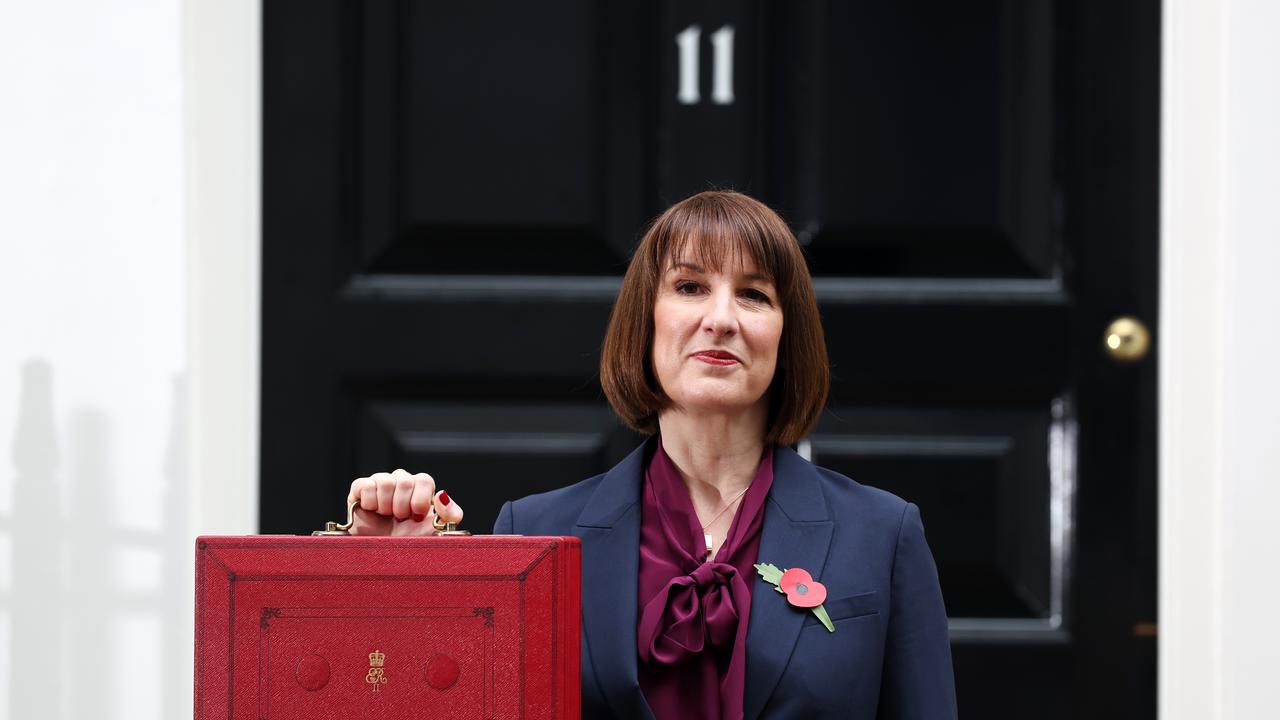
Rachel Reeves, the UK Chancellor, boosts taxes by the highest since 1993 in her maiden Labour budget
In her first budget, Britain’s new finance minister Rachel Reeves raised taxes by the most in 30 years. She said she had to do this to fix the country’s broken public services, which required a lot of spending.
Businesses and the rich were hit the hardest by the tax increases. Reeves also made it easier for people to borrow more money for investments, which helped the economy recover from the financial crisis of 2007–2009, Brexit, COVID, and rising energy costs.
The former Bank of England expert told lawmakers that she was proud to be the first female Chancellor of the Exchequer. She also promised that former Prime Minister Liz Truss’s unfunded tax cuts would not happen again, which led to a drop in bond prices in 2022.
At first, the Labour Party’s economic plan didn’t seem to bother investors. But the prices of government bonds later went down when it became clear how much money was going to be spent and investors lost faith in the Bank of England’s plan to cut interest rates next year.
She blamed the Conservatives for leaving her Labour Party with a “black hole” in its budget and said she would raise taxes by 40 billion pounds ($52 billion) a year.
“Any responsible Chancellor would take action,” said she. “That is why today, I am restoring stability to our public finances and rebuilding our public services.”
She gave a bleak picture of health service wait times that had reached all-time highs, schools that were falling apart, and transportation and justice systems that didn’t work right.
But bad news for Reeves: Britain’s budget watchdog said the economy would grow less than expected in 2026 and 2028, after only slightly doing better in 2024 and 2025.
But mostly in the 2030s, the watchdog said that more public spending was expected to boost growth.
Somewhat, this is the main trade-off of this budget, according to economist Ben Zaranko of the Institute for Fiscal Studies. “Tens of billions of extra borrowing for investment might push up interest rates but that’s seen as a price worth paying for the long-term benefits.”
With Reeves’s plans, the government will get a record-high 38.2% of the economy’s output in taxes by 2030. More than 5 percentage points more than before the pandemic, that is now higher than 36.4% and lower than many other European countries.
As per the IFS, tax increases of 40 billion pounds would be equal to 1.25 percent of economic output. Only the Conservatives’ budget plan in 1993 came close to this level of spending.
Before the budget, Prime Minister Keir Starmer said it would only affect “those with the broadest shoulders” and not “working people.”
The yield on 10-year British government bonds goes up when prices go down. It went down during Reeves’ speech and then went up by about three basis points in late trade.
Because bigger government spending will cause prices to rise, investors were expecting the BoE to cut interest rates less in 2025.
Taxes go up for businesses and rich people
Many tax hikes were announced by Reeves in order to meet her new rule that daily spending must be balanced by 2030.
From April, the rate that companies pay into social security will go up by 1.2 percentage points to 15%, and the level at which they have to start paying will go down. This will bring in an extra 25 billion pounds a year in five years.
Business leaders said that higher taxes, planned new rights for workers, and higher minimum wages could hurt Labour’s plans for growth.
The head of the Confederation of British Industry, Rain Newton-Smith, said, “This is a tough budget for business.”
Although a limit on the tax on business income was good, she said that the general rise in employer costs would “hit the ability to invest and make it more expensive to hire people or give pay raises.”
Changes to capital gains and inheritances, as well as the taxes paid by private equity leaders, non-domiciled residents, North Sea oil and gas companies, people who use private jets, and people who go to private schools were also ways to bring in extra money.
But Reeves suddenly said that he would not raise the income tax rates or make more people pay them after a freeze on the payment level ends in 2028/29.
She also extended a freeze on fuel duty and cut a tax on cold beer in bars. These changes could help Starmer’s new government get back on track after polls showed support was falling.
A BBC reporter asked Reeves if she planned to raise taxes again in the future. “This is not the kind of budget we would want to repeat; this is the budget that is needed to wipe the slate clean,” she said.
In a second big move, Reeves said she would change a second fiscal rule to let more borrowing happen. This will make it possible for 100 billion pounds to be invested over the next five years.
As a share of the economy, Reeves said she would now aim for a drop in public sector net financial liabilities instead of public sector net debt that doesn’t include the BoE.
The most recent predictions showed that the government would need to borrow almost 142 billion pounds more than was thought before.
Neil Birrell, Chief Investment Officer at Premier Miton Investors, said that the picture for investors was still bad because of higher taxes and higher interest rates.
“The bond and stock markets are likely to think that the package wasn’t as bad as it could have been.” “But since the plans for investments are long-term, it doesn’t feel like a budget for growth,” he said.
Dollars are worth 0.7686 pounds.
All Categories
Recent Posts
Tags
+13162306000
zoneyetu@yahoo.com


